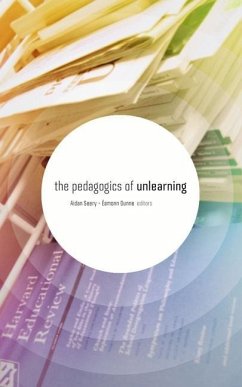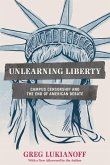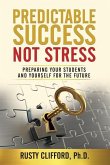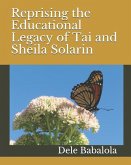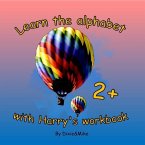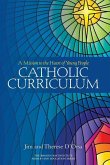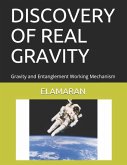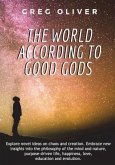What does it mean to unlearn? Once we have learned something, is it ever possible to unlearn that something? If something is said to have been unlearned, does that mean that it is simply forgotten or does some residual force of learning, some perverse force, also resonate in ways that might help us to rethink traditional approaches to teaching and learning? Might we say that education today is haunted by the spectre of unlearning?This book invites readers to reflect on the possibilities of knowing, reflecting, understanding, teaching and learning in ways that allow us to imagine the other side of education, the side which understands non-knowledge, ignorance, stupidity and wonder as potentially the most important learning experiences we can ever have. In a series of provocative essays by some of the world's most renowned theorists in philosophy, psychoanalysis, cultural studies, politics and education, The Pedagogics of Unlearning challenges us to think again about what we mean when we talk about learning - about what it really means to learn - and whether the kinds of learning we imagine in our classrooms and daily lives are actually synonymous with the sort of learning we envision when we think and talk about the purpose and passage of education.If you think you know what education and learning are doing, what teaching strategies do, and what learning outcomes are, then this book asks you to think again, to unlearn what you have learned, to learn to unlearn.TABLE OF CONTENTS // Éamonn Dunne, "Preface: Learning to Unlearn" - Jacques Ranciere, "Unwhat?" - Deborah Britzman, "Phantasies of the Writing Block: A Psychoanalytic Contribution to Pernicious Unlearning" - Sam Chambers, "Learning How to Be a Capitalist: From Neoliberal Pedagogy to the Mystery of Learning" - John D. Caputo, "Teaching the Event: Deconstruction: Hauntology and the Scene of Pedagogy" - Paul Bowman, "The Intimate Schoolmaster and the Ignorant Stifu: Postructuralism, Bruce Lee and the Ignorance of Everyday Radical Pedagogy" - L.O. Aranye Fradenburg and Eileen A. Joy, "Unlearning: A Duologue" - Aidan Seery, "After-word(s)"The Pedagogics of Unlearning originated at a conference held at Trinity College, University of Dublin, 6-7 September 2014.
